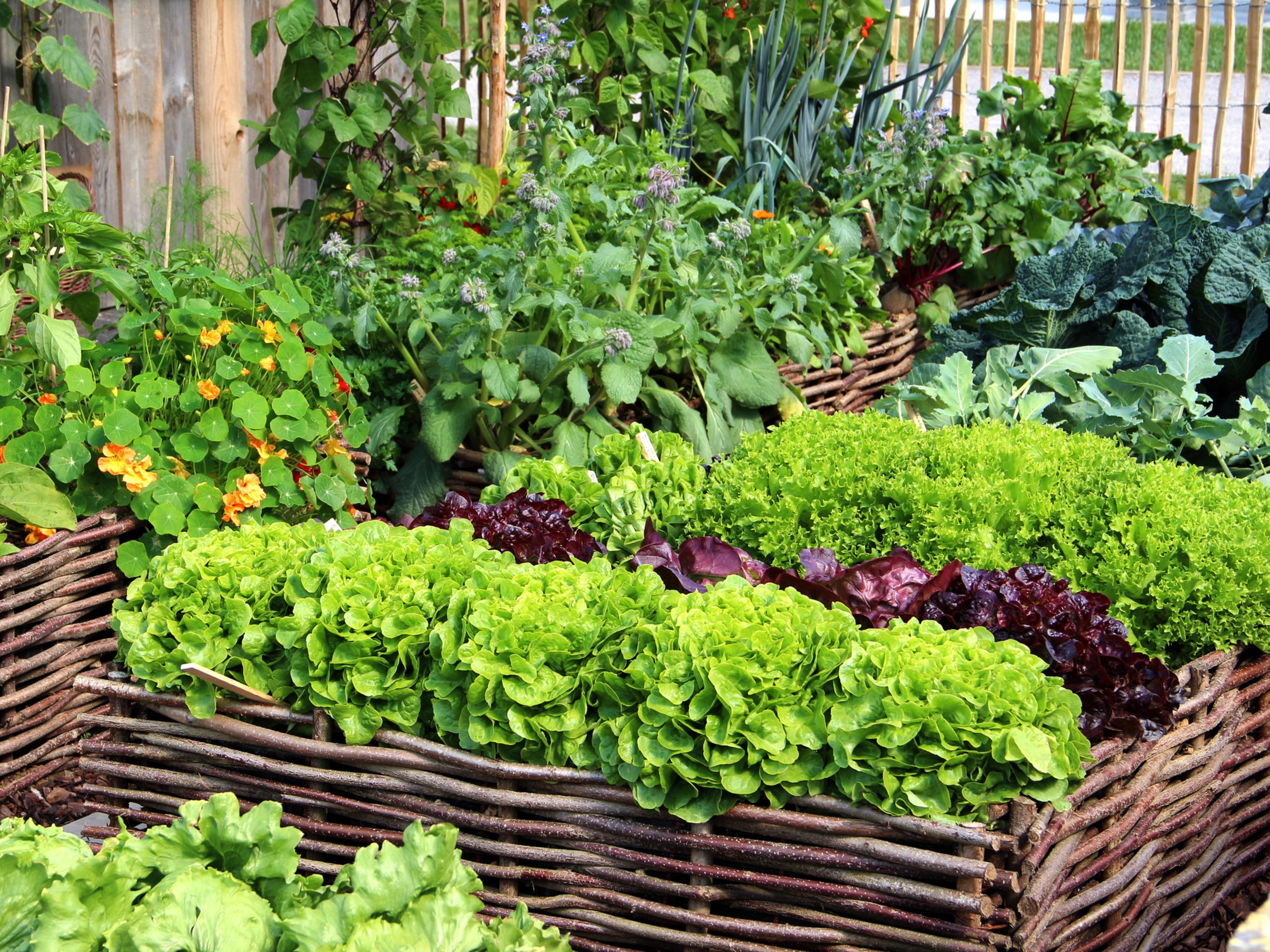How to Protect Your Vegetable Garden from Pests in Victoria, BC
Healthy and productive harvests
Need help with your yard? Get your free quote today!
Get a Free Quote!
How to Protect Your Vegetable Garden from Pests in Victoria, BC
A thriving vegetable garden is a joy to any gardener, but pests can quickly turn your hard work into frustration. In Victoria, BC, the mild coastal climate creates the perfect environment for a variety of pests, including slugs, aphids, and cabbage worms. Protecting your vegetable garden requires a combination of prevention, natural deterrents, and ongoing care.
Here’s a comprehensive guide on how to protect your vegetable garden from pests in Victoria, BC, ensuring a healthy and productive harvest.
1. Keep Your Garden Clean and Tidy
Maintaining a clean and organized garden is one of the best ways to deter pests. Many pests hide in debris, overgrown plants, and weeds.
Tips:
- Remove weeds, fallen leaves, and plant debris regularly to eliminate hiding spots for pests.
- Keep the area around your garden free of tall grass or clutter that could shelter pests.
- Rotate crops each year to disrupt pest life cycles and reduce the risk of infestation.
2. Install Physical Barriers
Physical barriers can effectively prevent pests from reaching your vegetable plants.
Tips:
- Row Covers: Use lightweight, breathable row covers to protect plants from flying pests like cabbage moths and aphids.
- Netting or Mesh: Cover plants with fine mesh to keep pests like birds and larger insects at bay.
- Copper Tape: Place copper tape around raised beds or pots to deter slugs and snails.
- Cardboard Collars: Place collars around the base of young plants to protect against cutworms.
3. Encourage Beneficial Insects
Not all insects are harmful—some are natural predators of common garden pests.
Tips:
- Attract beneficial insects like ladybugs, lacewings, and parasitic wasps by planting flowers such as marigolds, dill, and yarrow near your garden.
- Avoid using broad-spectrum insecticides, which can kill beneficial insects along with pests.
- Provide shelter, such as insect hotels or native plantings, to encourage beneficial insect populations.
4. Use Organic Pest Control Methods
Organic solutions are safe for your vegetables, pets, and the environment, and they can effectively manage pest populations.
Tips:
- Neem Oil: Spray neem oil on plants to deter aphids, whiteflies, and other soft-bodied insects.
- Diatomaceous Earth: Sprinkle around the base of plants to deter slugs, snails, and crawling insects.
- Homemade Sprays: Create sprays using garlic, chili, or soapy water to repel pests naturally.
- Hand-Picking: Remove larger pests, like caterpillars or slugs, by hand in the early morning or evening.
5. Practice Companion Planting
Companion planting involves growing specific plants together to deter pests and enhance growth.
Tips:
- Plant marigolds near vegetables to repel nematodes and aphids.
- Grow basil and mint near tomatoes to deter whiteflies and mosquitoes.
- Use garlic or onions around carrots and lettuce to keep away carrot flies and aphids.
- Add nasturtiums as a trap crop to attract pests away from your main vegetables.
6. Maintain Healthy Soil
Healthy soil produces stronger plants that are better able to resist pests and diseases.
Tips:
- Add compost or organic matter to your soil to improve fertility and structure.
- Use mulch to retain moisture, regulate soil temperature, and prevent weed growth.
- Test your soil regularly to ensure the right balance of nutrients for your vegetables.
7. Water Strategically
Overwatering or inconsistent watering can attract pests like slugs, snails, and fungus gnats.
Tips:
- Water early in the morning to allow foliage to dry during the day, reducing the risk of fungal diseases.
- Use drip irrigation or soaker hoses to deliver water directly to the soil, minimizing wet leaves that can attract pests.
- Avoid overwatering, which can create an ideal environment for pests and diseases.
8. Identify and Monitor Pests Regularly
Regularly inspecting your vegetable garden helps you catch pest problems early before they become severe.
Tips:
- Check the undersides of leaves for pests like aphids or eggs.
- Look for signs of damage, such as chewed leaves, holes, or discoloration.
- Use sticky traps to monitor pest populations in your garden.
9. Protect Vulnerable Plants
Certain vegetables are more prone to pest damage than others and may require extra protection.
Tips:
- Use cloches or tunnels to protect seedlings and young plants from pests.
- Plant pest-resistant varieties of vegetables, such as tomatoes resistant to nematodes or squash resistant to powdery mildew.
- Space plants properly to improve airflow and reduce the risk of disease and pests.
10. Remove and Dispose of Infested Plants
If a pest infestation becomes severe, it’s best to remove affected plants to prevent the spread to other vegetables.
Tips:
- Uproot and dispose of infested plants away from your garden, preferably in sealed bags.
- Do not compost heavily infested plants, as pests and diseases can survive in the compost.
- Replace removed plants with pest-resistant varieties or companion plants.
Conclusion
Protecting your vegetable garden from pests in Victoria, BC, requires a proactive approach, combining prevention, natural deterrents, and regular maintenance. By keeping your garden clean, using physical barriers, and encouraging beneficial insects, you can reduce pest damage and enjoy a thriving, productive vegetable garden.
If you need help managing pests or maintaining your garden, Ascent Yard Care offers professional vegetable garden care services in Victoria, BC. Contact us today to keep your garden pest-free and flourishing!
